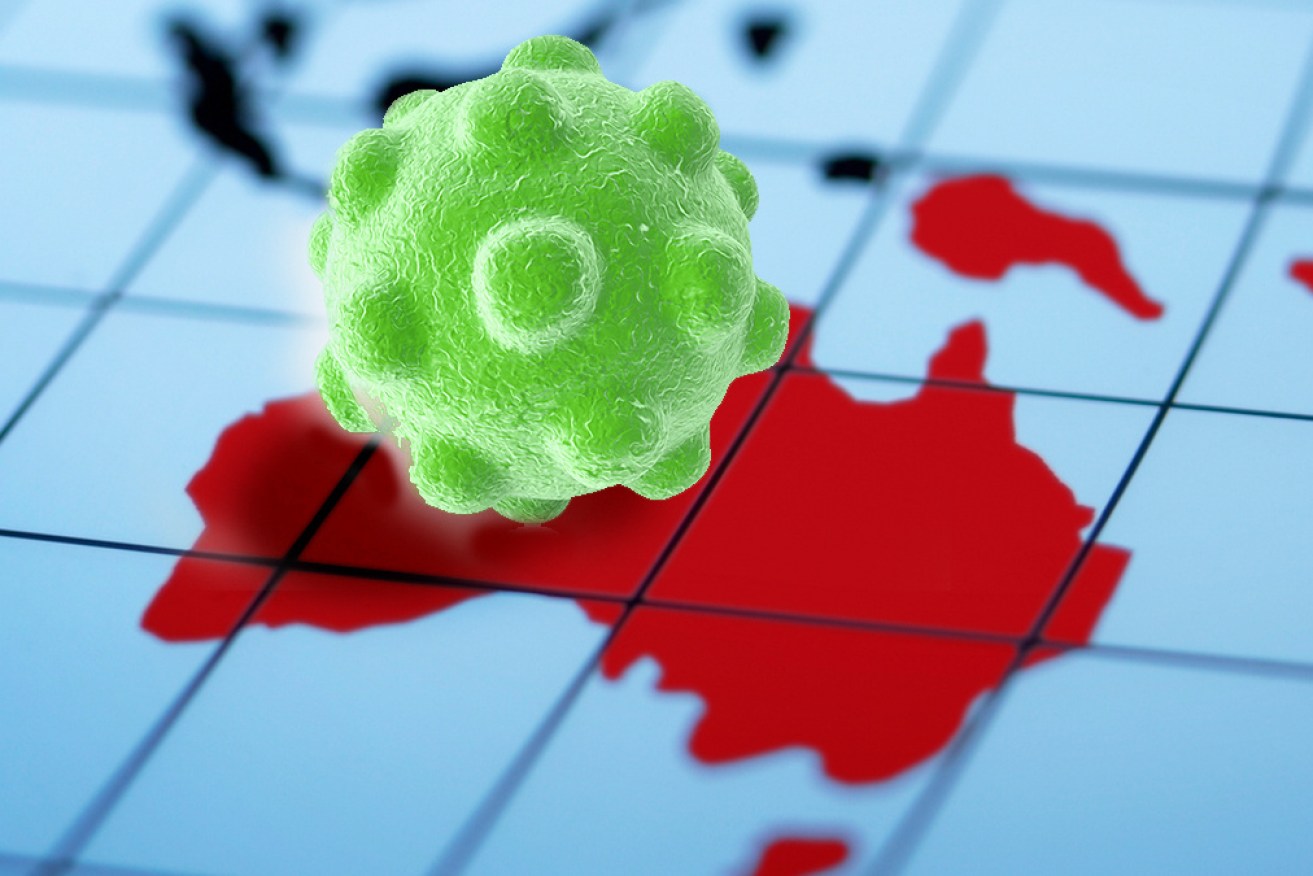Victoria’s coronavirus spike could happen anywhere, experts warn


Victoria has experienced a spike in coronavirus cases – and experts say residents in other states should be on alert, too. Photo: Getty/ TND
Victoria’s sudden spike in coronavirus cases should serve as a warning to the rest of Australia, infectious disease experts have warned.
Their caution came after Victorian cases rose by double digits for several days in a row, prompting the state government to abandon plans to ease restrictions and, in some cases, tighten them.
Gatherings in homes have now been limited to five people again, and outdoor gatherings restricted to 10.
Residents have also been urged to stay away from six local government areas where hotspots have been detected: Hume, Casey, Brimbank, Moreland, Cardinia and Darebin.
Fearful of a second wave, the Queensland and Western Australian governments responded to Victoria’s surge by saying they will keep hard interstate border closures in place until the state’s infections are under control.
Though the New South Wales government stopped short of introducing a hard border with Victoria, it confirmed it was watching the situation closely and warned residents against travelling to Melbourne’s hotspots.
But amid the fear and finger pointing, an important question remains: How come Victoria is experiencing a dramatic rise in coronavirus cases when it has had some of the nation’s toughest lockdown rules?
What is happening in Victoria?
There is no clear explanation behind Victoria’s spike in cases, which is why the situation is so troubling.
Confirmed cases range from large families to primary school students, teachers, Black Lives Matter protesters, hotel workers and an AFL player.
Community transmission – where a person is infected by the virus but they have not been overseas recently, nor have they been in recent contact with other confirmed cases – can happen anywhere.
Victoria’s chief medical officer Brett Sutton confirmed this point during Monday’s press conference.
“When you’ve got 150,000 new cases globally every single day, when quarantine cannot be 100 per cent guaranteed as we’ve seen in New Zealand and here in Melbourne, you have to recognise that a single case can re-emerge anywhere in Australia,” he told reporters.
Professor David Paterson, director of the University of Queensland’s Centre for Clinical Research, agreed.
“Complacency is our enemy, wherever you are,” he told The New Daily.
It would be a mistake anywhere to think there is not some under-the-surface community transmission going on and that’s really our big risk.’’
Winter doesn’t help
“Historically with viral infections, come winter months we do get more transmission,” Professor Paterson said.
“A lot of that is because of people being congregated inside rather than being out and about in the sunshine.
“In a way it’s been a surprise we haven’t seen that already, because we’re exactly at the right time we’d typically see respiratory virus transmission.”
More returned travellers
Victoria has welcomed home more international travellers than most states, which may have contributed to the recent spike in cases, said Philip Russo, nursing director at Cabrini Health and Monash University.
“We have a substantial proportion of international travellers returning to Melbourne, whereas the other states bar NSW don’t have that number,” Associate Professor Russo told The New Daily.
“A lot of those returning travellers are being diagnosed with COVID-19.”
People failing to self-isolate
Associate Professor Russo said Victoria’s outbreaks may have been caused by people failing to self-isolate properly.
“It also points to the fact people who have signs and symptoms are continuing to go around their usual activities when they should be getting seen to and isolating as well,” he said.
“It is also possible that some asymptomatic people with no signs or symptoms could be potentially spreading it unknowingly.”
When in doubt, get tested, he said.
Getting complacent
“For many of us, we’ve switched off the ‘high alert’ in our brain about how well we practise social distancing, keeping our hands clean and so on,” Professor Paterson said.
“I think throughout the last few weeks, we’ve gotten into a bit of complacency and we’re starting to get the payback for that.
“All over the world it has been shown the minute you let your guard down with the coronavirus, it comes back to bite you.”








